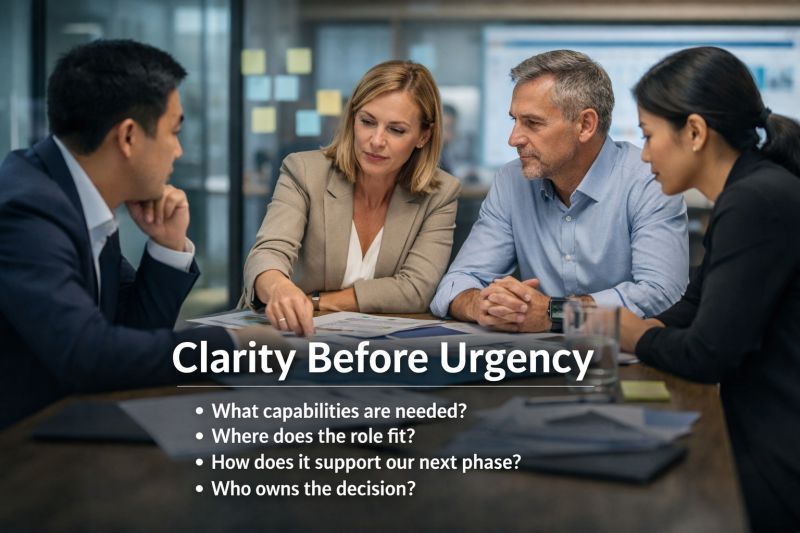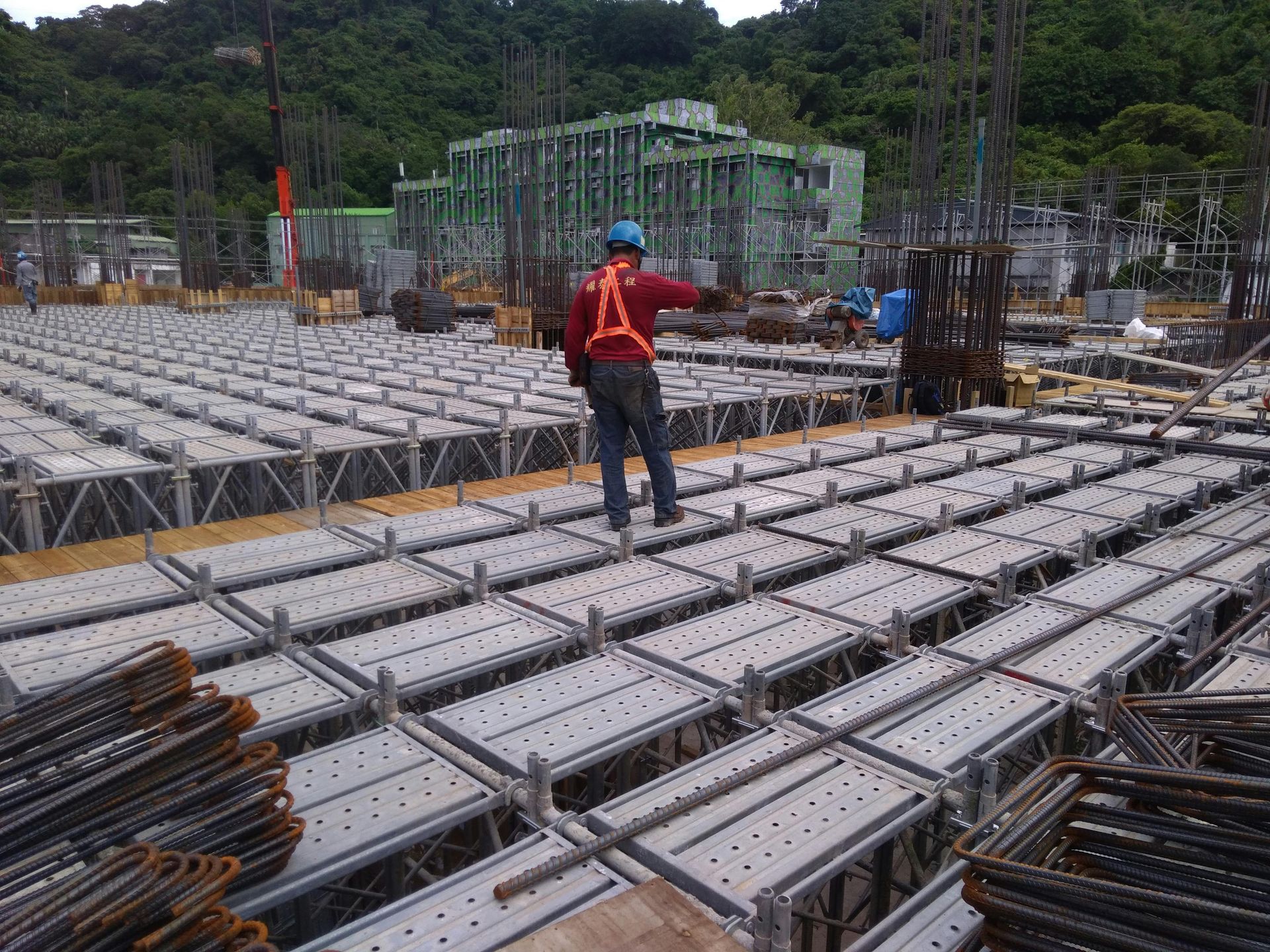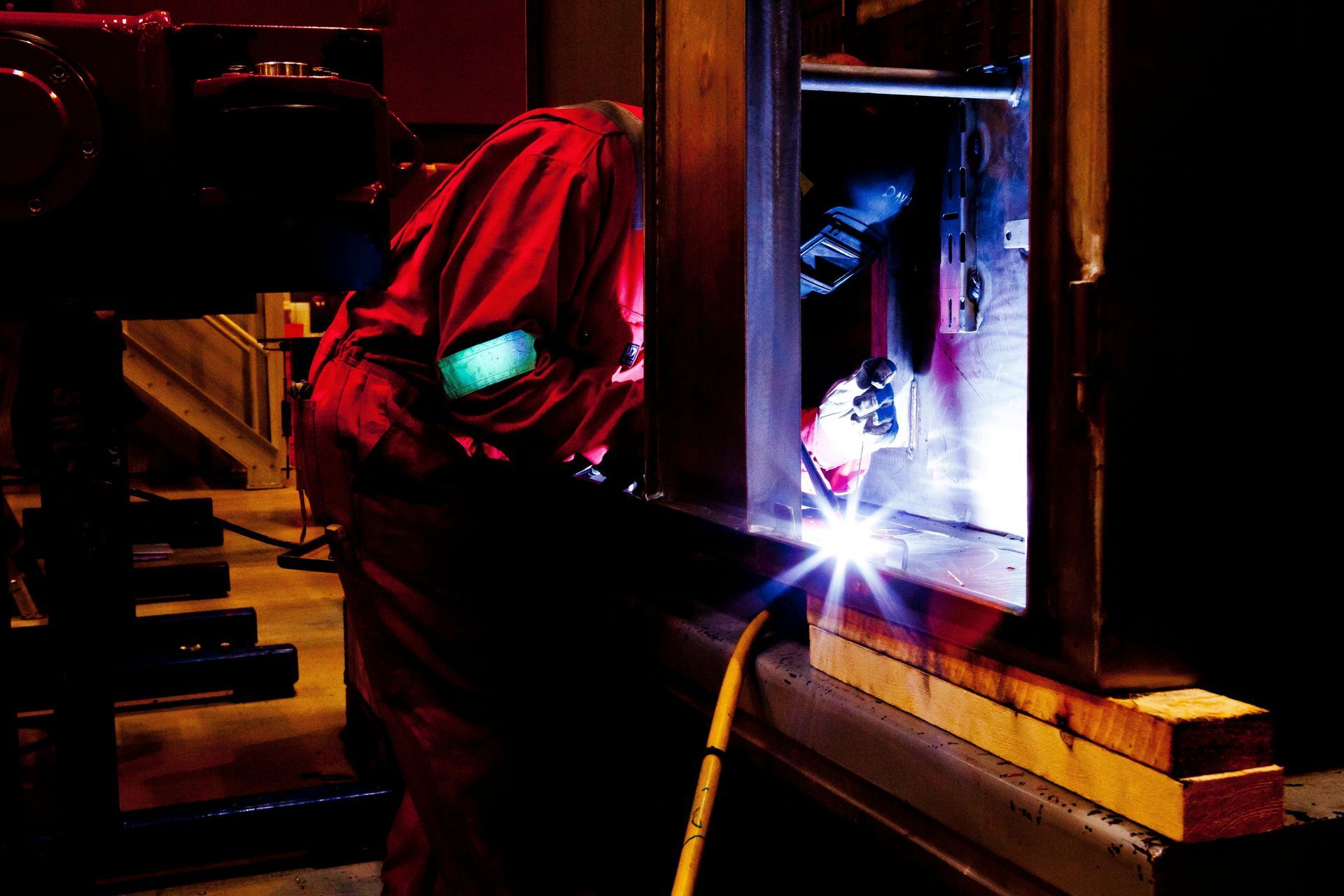Are You Playing Chess While Others Play Checkers?
A Strategic Look at Pre-Christmas Hiring
A longer read, but essential if you hire skilled trades, construction or project-support staff in Australia)
Most years, employers hear the same message from recruiters:
“You should hire before Christmas.”
And the standard reply?
“Nothing happens before Christmas. We’ll wait until January.”
It has become an industry tradition, right up there with the annual Die Hard references (yes, I’ve used those too).
But in Australia’s skilled trades, construction and project-support sectors, this assumption isn’t just outdated. It leads to strategic missteps.
Because while many employers are effectively playing checkers and reacting to the surface-level rhythm of December, the real game looks a lot more like chess.
The Market Reality: December Isn’t Quiet, It’s Decisive
Here’s what actually happens in the lead-up to Christmas:
- Employment is still rising (ABS data confirms this).
- Job ads drop in December because employers switch off, not because candidates do.
- Candidate activity does not fall. In many cases it increases.
December is when workers reassess everything:
- bonuses are paid
- salary reviews land
- expectations are met or missed
- career plans reset for the new year
One example:
A client I worked with used to push contract extensions to
31 December, sending them at the last minute. The result was predictable. Their project team started job-hunting from early November each year because the uncertainty was too high.
Meanwhile, employers who pause until after Christmas walk straight into January, which is the most crowded and inefficient hiring month of the year.
This mismatch is where strategy matters.
Chess vs Checkers: A Strategy Lens on December Hiring
Let’s simplify the strategic options:
- Start hiring in November or December
- Wait until January
Now add one simple truth:
Your outcome depends on what the rest of the market does.
If you start early and others wait
You move first.
You secure the best candidates with minimal competition.
This is the strategic equivalent of controlling the centre of the board.
If everyone starts early
You are still competitive and avoid the January traffic jam.
If others start early and you wait
You are behind the board, not controlling it.
You face fewer quality candidates, more salary pressure and more project risk.
If everyone waits until January
You all pile into the same candidate pool at once and slow each other down.
Look at those four scenarios and one strategic truth becomes obvious:
Moving early consistently delivers the strongest outcome.
Waiting only works if every other employer also waits, and you cannot build a hiring strategy on the assumption that your competitors will stand still.
That is checkers thinking in a chess environment.
Why December Gives Strategically Minded Employers an Advantage
December creates a structural advantage for employers who understand how talent behaves:
- workers receive clear signals about their value
- they compare their current situation to the year ahead
- they are open to new conversations
- they want certainty before the break
Meanwhile, many employers are mentally checked out.
That gap is the strategic opportunity.
While others effectively skip their turn, you have a clear board to make high-value moves.
The Winning Strategic Tactic
Here is the move that works year after year:
Start the search in November or December
Make the offer before Christmas
Start in early January
This gives you:
- stronger candidate quality
- dramatically less competition
- less salary inflation
- shorter time-to-hire
- a first-mover advantage when projects ramp up
Most candidates prefer signing before the break and starting in the new year.
They enter Christmas with certainty and get a natural reset period between roles.
Bottom Line: Think Chess, Not Checkers
Most employers delay hiring because they assume everyone else is delaying.
But once you understand how candidates behave in December, the smarter move becomes obvious:
The strongest time to hire is when your competitors are not playing the same game.
If others are playing checkers and focusing on whatever sits right in front of them, you can win by playing chess and thinking a few moves ahead.











